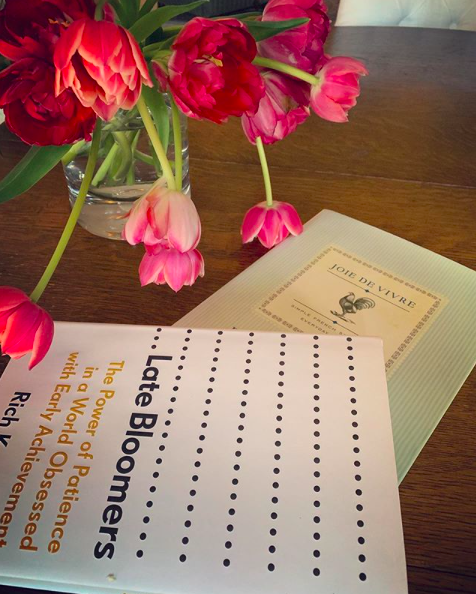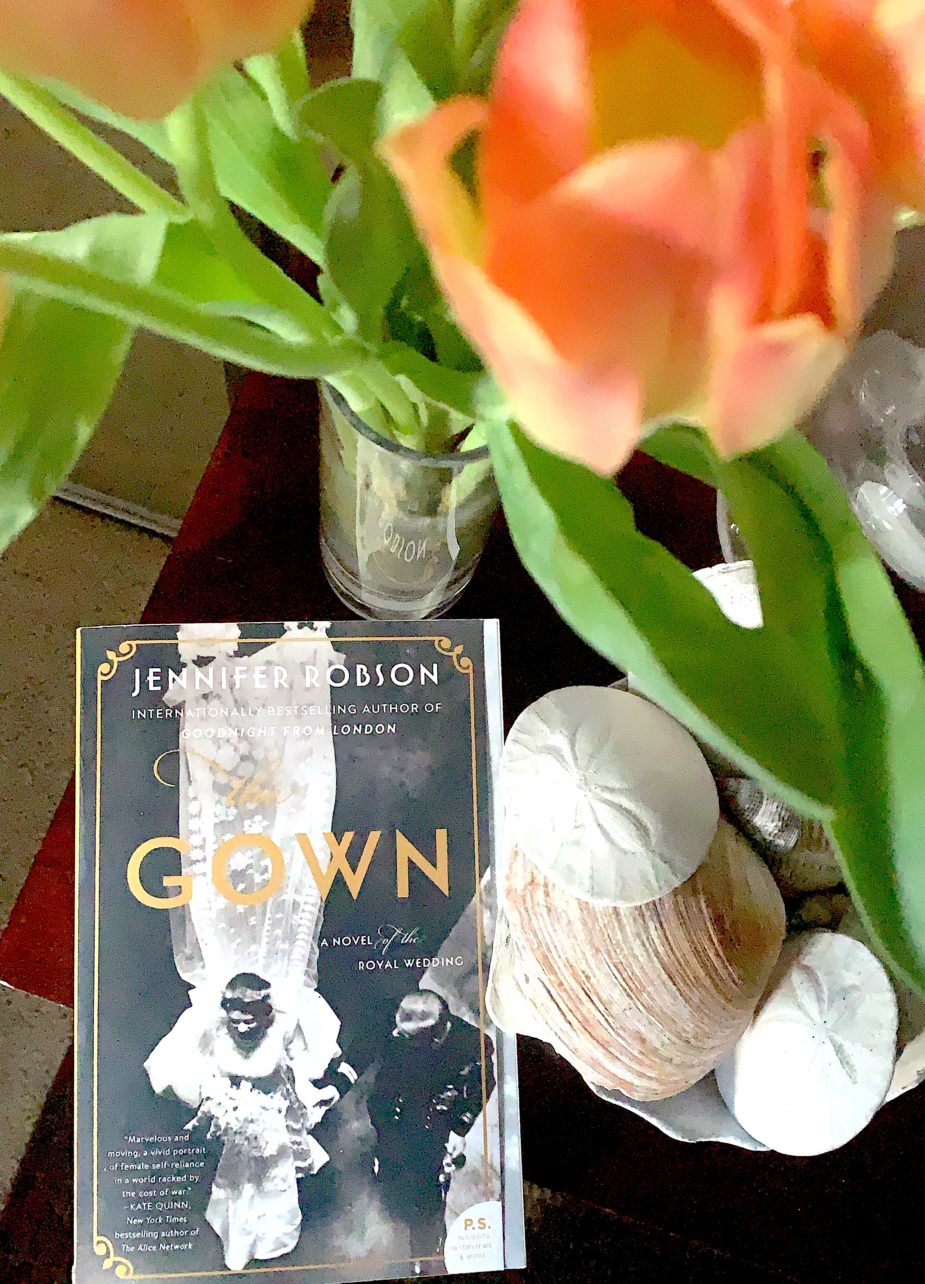Podcast Summary
Igniting interest in science through diverse experiences: People's curiosity towards science can be sparked through various means, including pop culture and personal experiences, even if it wasn't a focus in their earlier years.
People's interest in science can be ignited through various means, even if it wasn't a part of their upbringing or education. Kevin Smith, a filmmaker and comic book fanatic, shared his personal story of growing up close to the American Museum of Natural History but never having visited until recently. He admitted that his lack of curiosity towards science was due in part to his Catholic upbringing, which provided answers to the mysteries of the universe through faith. However, his interest in science was sparked through pop culture, particularly science fiction. This illustrates how diverse experiences and influences can lead individuals to develop a passion for science, even if it wasn't a focus in their earlier years.
Exploring the intersection of science and fantasy: Despite a past struggle with science, Kevin Smith found a unique way to incorporate it into his love for pop culture, creating a successful career and a unique perspective on the relationship between science and religion.
Kevin Smith, despite his admission of struggling with math and science in the past, has shown a unique way of incorporating real science into his love for pop culture, particularly in the realm of sci-fi. His lack of initial curiosity in science doesn't define him, as he has managed to make a successful career out of exploring the intersection of science and fantasy. Smith's perspective on science not being inherently in conflict with religion, and his humorous take on everyday scientific phenomena, highlight his unique perspective and appreciation for both the real and unreal worlds.
Exploring the Power of Scientific Curiosity: Scientific curiosity drives us to seek answers, challenge our understanding, and uncover the wonders of the universe, as shown by Hydro Man's water powers and Kevin Smith's fascination with antimatter.
Scientific curiosity is a powerful driving force, leading us to explore the unknown and discover amazing facts about the universe. As discussed, Hydro Man from the Marvel universe showcases the effectiveness of water as a weapon, leading to questions about real-world applications and scientific phenomena. Kevin Smith's curiosity about science was sparked when he realized the existence of antimatter, a discovery that predates science fiction. The feeling of scientific curiosity is described as a gradual process of hard work and excitement, culminating in the discovery of something new and awe-inspiring. Antimatter, with its potential for annihilation and energy release, poses a challenge in terms of containment and potential weaponization. Ultimately, scientific curiosity drives us to seek answers, challenge our understanding, and uncover the wonders of the universe.
Science and fiction intersect in creating superhero backstories: Astrophysicists contributed real scientific knowledge to Superman's home planet, Krypton, demonstrating the potential for science to enhance fiction and deepen our understanding of both worlds.
The boundary between science and fiction can blur, as seen when an astrophysicist was able to contribute real scientific knowledge to the creation of a superhero's backstory. Kevin Smith, a comic book writer and superhero superfan, shared a story about how the astrophysicist helped identify a star for Superman's home planet, Krypton. This wasn't just a fun anecdote, but a meaningful contribution to the lore of the character. The astrophysicist was able to use his expertise to explain how Krypton might have exploded based on the principles of physics, showing that the science behind superheroes can be just as fascinating as the stories themselves. This intersection of science and fiction opens up opportunities for new discoveries and a deeper understanding of both worlds.
Superheroes inspire scientific curiosity with their fantastical elements: Superheroes' exaggerated physics and fictional materials can inspire real-life scientific curiosity and innovation, making complex concepts accessible and leading to potential advancements in technology and space travel.
The exaggerated physics of superheroes can help distill the coolness factor of science, making complex concepts accessible to everyone. For instance, Superman's connection to the Corvus constellation is a real astronomical fact. Another intriguing application of fictional materials like Vibranium, as seen in Captain America's shield, could be harnessing their abilities to absorb impact and launch spacecraft from anywhere, making space travel more accessible. These examples show how the fantastical elements of superheroes can inspire real-life scientific curiosity and innovation.
The appeal of comic books among adults lies in their scientific elements and fantastical nature: Comic books gained mainstream popularity due to scientific superheroes like Spider-Man, Fantastic Four, and Hulk, transforming disposable media into cherished pop culture.
The popularity of comic books among adults is rooted in the scientific elements of the stories and the cultural shift towards appreciating the unnatural and fantastical in a relatable way. According to filmmaker Kevin Smith, comic books were once seen as a niche interest, but with the rise of Marvel and DC superheroes, whose origins were based in science and the unknown, the genre gained mainstream appeal. Characters like Spider-Man, the Fantastic Four, and the Hulk, who gained their powers through scientific means, captured the imagination of the public during the Post-World War II era. The fans' passion for these stories transformed disposable media into a cherished and indispensable part of pop culture.
Science and Fiction's Symbiotic Relationship: From gamma rays inspiring Hulk to microbiome's everyday impact, science and fiction influence each other profoundly. Scientists like James Kokkalios ensure accuracy in superhero stories, while scientific discoveries may inspire new fictional elements.
Science and fiction have a symbiotic relationship. From fiction inspiring scientific discoveries to science providing the foundation for imaginative stories, they influence each other in profound ways. For instance, gamma rays gave us the Hulk, and particle accelerators might be the Flash. But not all scientific discoveries are sexy or story-worthy. Take the microbiome, for example, which is now a part of our everyday lives, inspiring probiotics and digestive solutions. Moreover, scientists like James Kokkalios bridge the gap between science and fiction, ensuring accuracy in superhero stories. His favorite example is the theory behind Thor's hammer, which emits gravitons when unworthy people attempt to lift it, increasing the hammer's weight to balance out the lifting force. When it comes to Wonder Woman, her powers stem from her Amazonian goddess status, granting her great strength, reflexes, and the ability to deflect bullets with her bracelets. The metal of the bracelets is not specified in the text, leaving room for imagination and potential scientific explanations.
Longing for simpler times and childhood memories through comic books and pop culture: Comic Con and similar events transport us back to a simpler time, providing a sense of nostalgia and connection to childhood memories, while also offering moral lessons.
The fascination with comic books and pop culture, as exemplified by events like Comic Con, represents a longing for simpler times and a connection to childhood memories. The science behind everyday things, from making breakfast to using technology, was explored in depth in James Gladstone's new book, "The Physics of Everyday Things." Regarding the seemingly superhuman abilities of comic book characters, such as Wonder Woman's bullet-deflecting bracelets, a suspension of disbelief is required, as no known material can withstand the compressive pressure involved without granting a one-time miracle exemption from the laws of nature. The appeal of Comic Con and similar events lies in their ability to transport attendees back to a time when life seemed simpler and more enjoyable. The peaceful nature of Comic Con attendees may be attributed to this nostalgia, as well as the moral lessons often found in comic books.
The power of superheroes to change hearts: Superheroes, with their ability to inspire change, symbolize the power to make a positive impact on people's lives and the world
The world of comic books and superheroes, as represented by Comic Con attendees, values not just the celebrity aspect but also the content creators. Kevin Smith, a superfan and creator himself, believes that the greatest power a superhero could have is the ability to change a person's heart, focusing on rehabilitation rather than punishment. This idealism present in the comic book community is profound, as it encourages empathy and understanding instead of violence and conflict. This perspective is not only applicable to superheroes but also to real-life situations. By changing people's hearts, we can make a positive impact on their lives and the world around us.
Choosing happiness and optimism despite negativity: Focus on creation, positivity, and impacting the world, rather than negativity and destruction.
The science of positivity is about choosing happiness and optimism despite self-doubts and negative influences. It's about focusing on creation rather than destruction and surrounding oneself with a supportive community. The science of positivity is not just about feeling good, but also making a difference and impacting the world. It's important to remember that negativity is a constant presence in life, but it doesn't have to control us. Instead, we can choose to turn on the voice of positivity and focus on the good things in life. This doesn't mean ignoring criticism or challenges, but rather approaching them with a positive attitude and a commitment to creating something new and valuable. The science of positivity may not be a formal scientific field, but it's a powerful tool for living a fulfilling and meaningful life. And, as Carl Sagan reminds us, it's the geeks, the creators, the innovators, who will inherit the earth.







